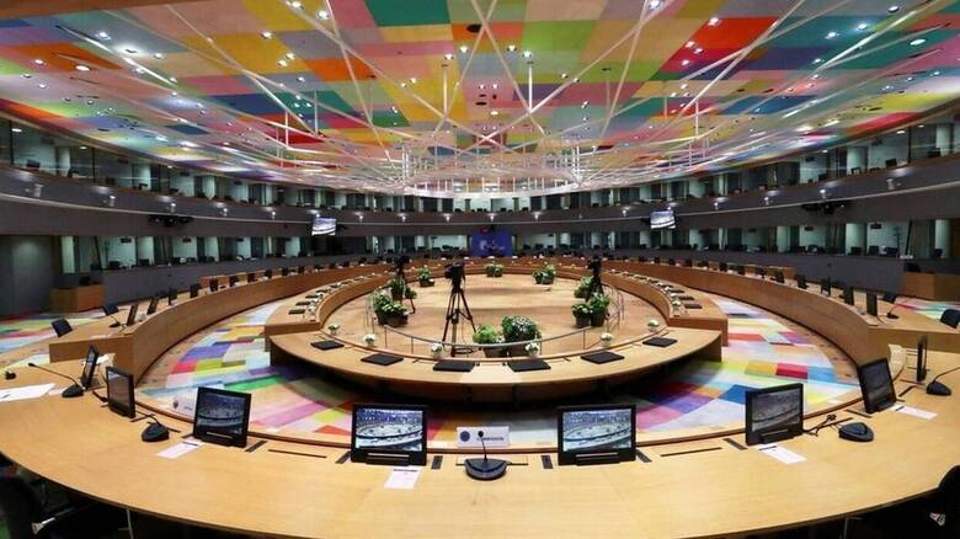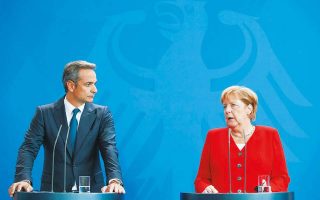Greece, the EU and realistic expectations

Once more, the European Union hesitated and prevaricated. We shouldn’t be surprised. Despite declarations, visions and promises, decisions are ultimately driven by interests.
Athens and Nicosia went into last week’s European Council meeting asking for sanctions against Turkey for its aggressive and expansionist behavior in the Aegean and Eastern Mediterranean. This was prevented because of – to be bland about it – the economic and commercial calculations of certain member-states.
This is reality; this is how the EU works, which is why it is essential that exaggerated expectations are not cultivated in society, which then feels defeated and sometimes even betrayed. Greece and its partners will continue working together in a reciprocal relationship that cannot be extinguished by one single issue or event.
What we need now is a sober and sincere presentation of facts. All governments feel the need to cast events in a better light and show that they’re succeeding in their goals. However, in this case such an approach sends the wrong message to our partners and harms credibility at home.
Any satisfaction expressed about the results of the recent summit will obviously be misconstrued by Berlin and other capitals that prevented Athens and Nicosia’s desired result.
To be convincing, both on the domestic front but also on the international one, a government must be restrained in its ambitions, realistic in setting specific goals, and moderate in its rhetoric. This is the approach the present situation calls for.
At the same time, it also requires a cautious and serious stance from the opposition –, at least from the second and third biggest parties, which have experience in government, know how summits work and have dealt with pressure and disappointments, and hence should act accordingly.
In terms of the essentials, the EU’s constant delay tactic of putting off sanctions until the “next summit” is annoying and tiresome. It is also a lesson to us, to always keep reality in mind, but also to Turkey, which behaves accordingly. No wonder Turkish President Recep Tayyip Erdogan was quick to express great certainty that no harm would come from the next summit either.
Membership of the EU has huge advantages – financially, politically and diplomatically – if we just consider what the situation would be if Cyprus had not been made a member in 2004. But it also has limits. The government and our political parties – and the media, to some extent – must take into account the entire picture and act accordingly. They must present realistic goals and methodically work to prepare public opinion for what is most likely to happen.





